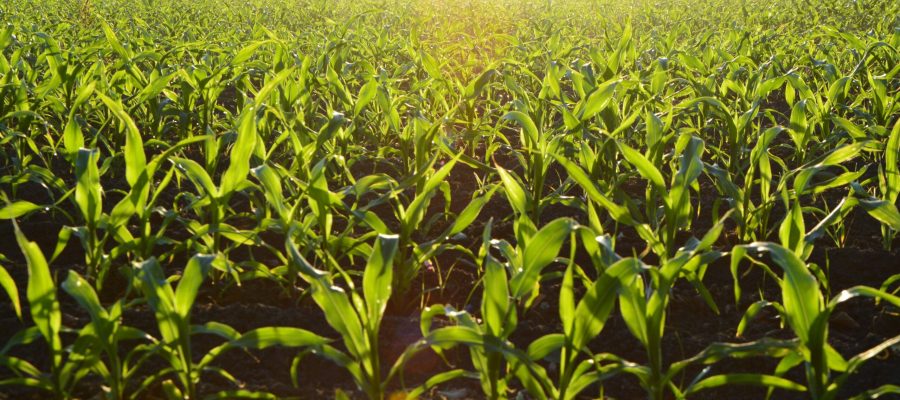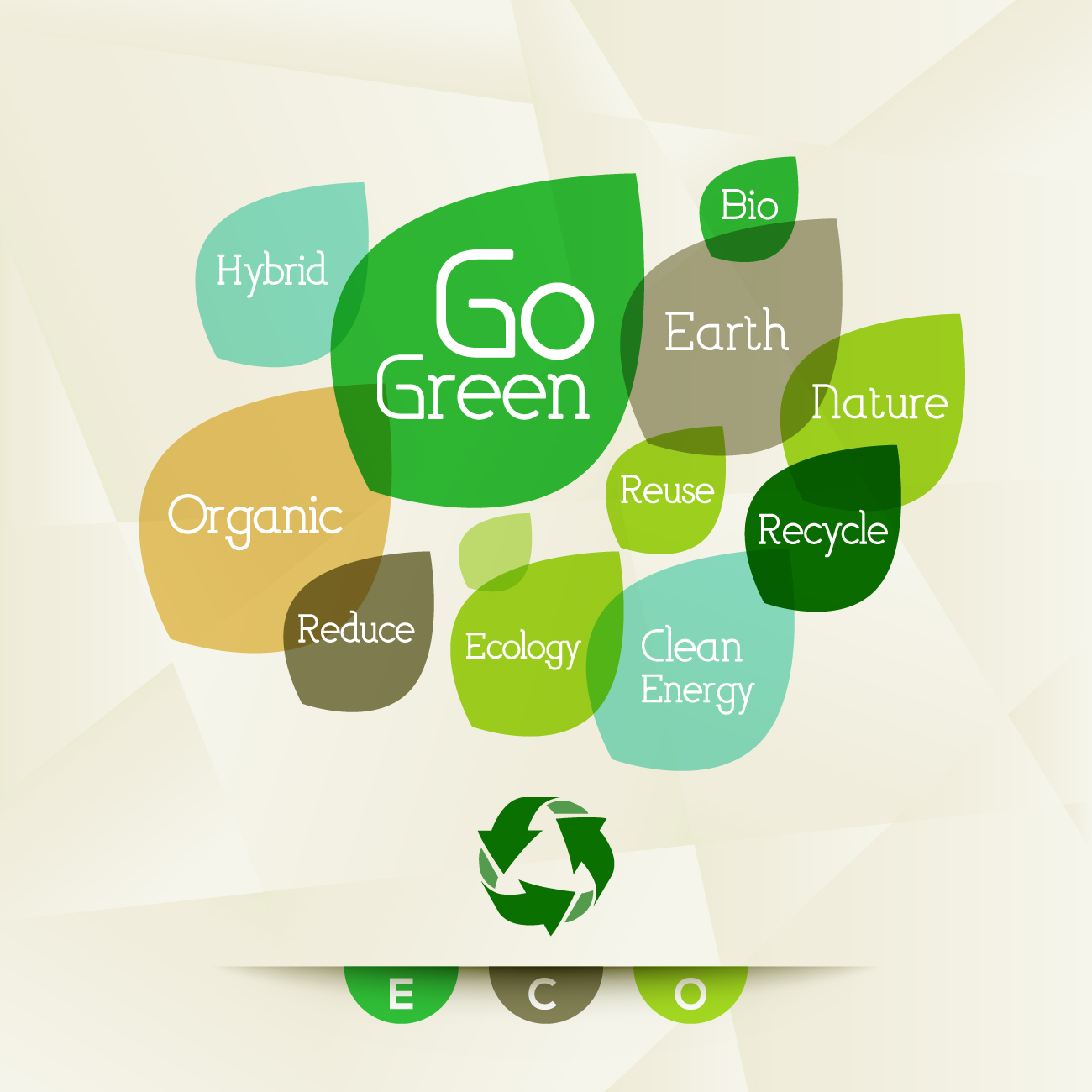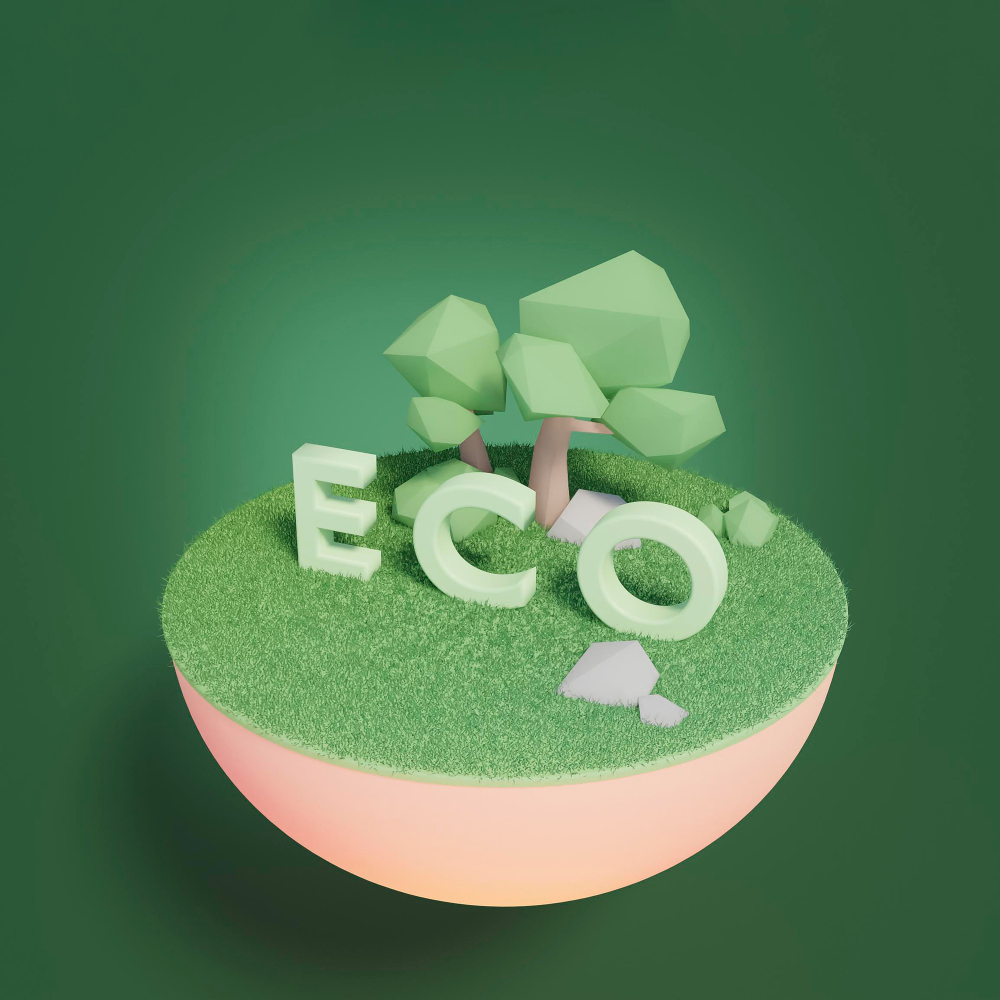Introduction
In an era where environmental concerns are at an all-time high, the concept of a circular economy has gained traction as a sustainable alternative to the traditional linear economy. Composting plays a critical role in this transition by ensuring that organic waste is returned to the ecosystem in a way that enriches rather than harms the environment. This blog explores how composting contributes to a circular economy and why it is an essential practice for a sustainable future.
What is a Circular Economy?
A circular economy is a system that minimizes waste by designing products and processes that allow materials to be reused, refurbished, and recycled. Instead of following a linear model of “take, make, dispose,” a circular economy ensures that resources remain in use for as long as possible. In this framework, composting serves as a natural recycling method for organic waste, turning it into valuable soil nutrients.

How Composting Supports a Circular Economy
-
Reduces Organic Waste in Landfills – Food scraps, yard waste, and other organic materials make up a significant portion of global waste. Composting diverts these materials from landfills, reducing methane emissions and decreasing the overall environmental impact.
-
Enhances Soil Health – Compost is rich in nutrients that improve soil fertility, promoting better crop yields and reducing the need for synthetic fertilizers.
-
Decreases Greenhouse Gas Emissions – When organic waste decomposes in landfills, it releases methane, a potent greenhouse gas. Composting in aerobic conditions prevents methane production, helping combat climate change.
-
Supports Sustainable Agriculture – By enriching soil and improving water retention, composting aids in regenerative agriculture, reducing the reliance on chemical-based farming practices.
-
Encourages Responsible Waste Management – Businesses and households adopting composting practices contribute to a closed-loop system where organic materials are continuously repurposed.
The Process of Composting in a Circular Economy
Composting involves several steps that ensure organic materials decompose effectively:
Collection of Organic Waste – Food scraps, leaves, and plant-based materials are gathered.
Decomposition – Microorganisms break down organic matter under controlled conditions.
Maturation – The compost is left to cure, allowing beneficial microbes to enhance its quality.
Application – The final compost is used to enrich soil in gardens, farms, and urban landscapes.
Challenges in Implementing Composting at Scale
While composting is highly beneficial, certain challenges must be addressed for widespread adoption:
Lack of Infrastructure – Many regions lack composting facilities, making large-scale composting difficult.
Public Awareness – Many people are unaware of composting benefits or proper composting techniques.
Contamination – Non-compostable materials mixed into compost piles can reduce efficiency.
Conclusion
Composting is a vital component of a circular economy, ensuring that organic waste is repurposed rather than discarded. By reducing landfill waste, improving soil health, and lowering greenhouse gas emissions, composting supports environmental sustainability. To fully integrate composting into a circular economy, governments, businesses, and individuals must work together to invest in composting infrastructure and promote responsible waste management practices. By embracing composting, we can take a significant step toward a more sustainable and regenerative future.





